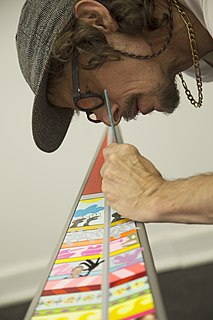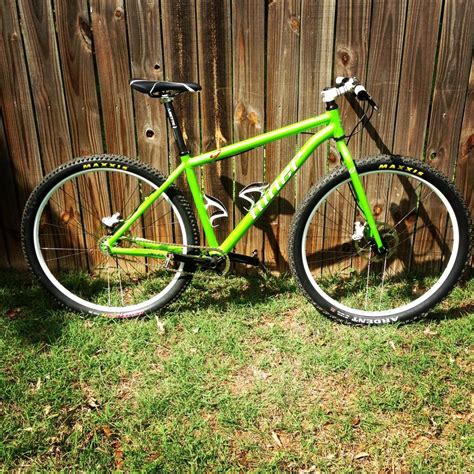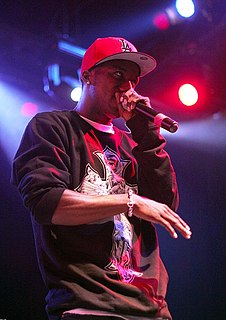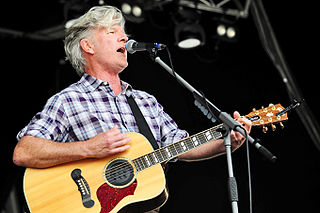A Quote by Erik Parker
Hip hop is still strong. As an art form, music helps people express themselves, find meaning in their own lives and connect with their tribes.
Related Quotes
If you want to speak about different ethnicities and diversity, rap and hip-hop are all over the planet. Every country, from Turkey to Australia, now has tons of hip-hop artists. The music and artistry have moved way faster than the corporatization of the music. You do need organization and opportunity for these artists to express themselves, and I don't think it has to come from a corporate co-signing.
To me, that's the biggest problem with hip-hop today is the fact that everyone believes that all of hip-hop is rap music, and that, when you say "hip-hop," it's synonymous with rap. That when you say "hip-hop," you should be thinking about breakdancing, graffiti art, or MCing - which is the proper name for rap - DJing, beat-boxing, language, fashion, knowledge, trade. You should be thinking about a culture when you say, "hip-hop.".
The big change was reggae and hip-hop, which came along after Split Enz had started. When Bob Marley first visited New Zealand, he lit a fuse that is still burning very brightly. The Maori people particularly honor reggae music in a very big way. So there is a strong reggae scene and a strong hip-hop scene, especially among Samoans. There's still plenty of quirky stuff around. No one expects to make much money here, so it definitely does encourage an underground sense.






































